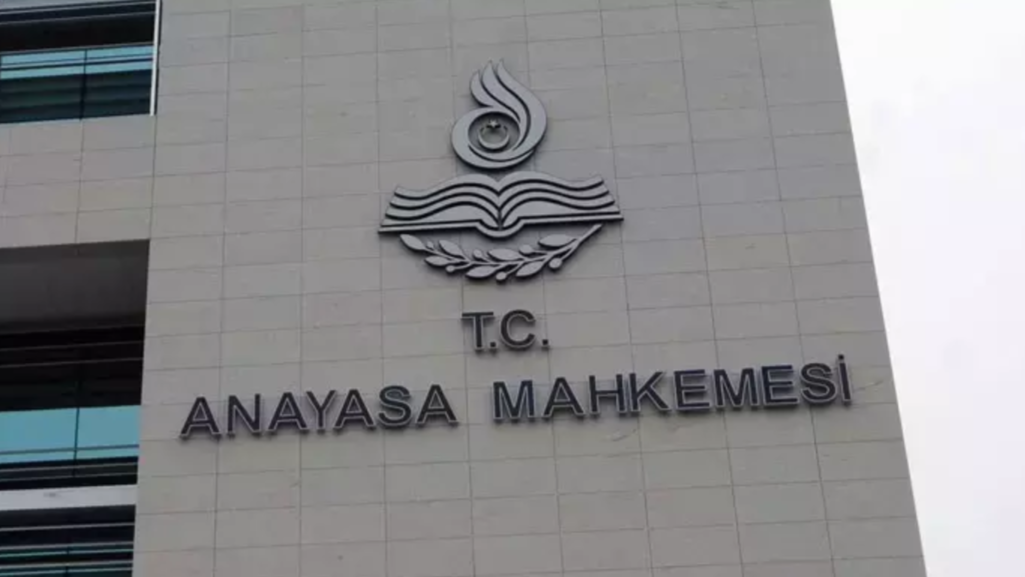Two top courts at loggerheads
ANKARA

The Supreme Court of Appeals has decided to file criminal complaints against members of the Constitutional Court over a profound disagreement on the case of imprisoned Workers’ Party of Türkiye (TİP) lawmaker Can Atalay, in a first and unprecedented legal dispute in the history of the Turkish judiciary.
The Constitutional Court has recently ruled that the “right to be elected" and "personal freedom and security" rights of Atalay, who was imprisoned over alleged links to the 2013 Gezi Park protests, were breached. The violation of rights decision was widely anticipated to lead to Atalay's release. Atalay, sentenced to 18 years in prison last year in connection with his involvement in the nationwide protests, was elected to the parliament in the May elections from the southern province of Hatay but remained in detention.
However, the local court opted to forward the case file to the Supreme Court of Appeals’ Chief Public Prosecutor's Office.
In a unanimous and historically significant 23-page ruling, the Court of Appeals has ruled to disregard a Constitutional Court decision for the first time, refusing to comply with the violation decision and release order regarding Atalay. Instead, they have mandated that Atalay's case be forwarded to the parliament for deliberation on his parliamentary membership's termination. This unprecedented situation has raised concerns about a crisis between the two highest courts in the country.
The Court of Appeals declared its intention to file criminal complaints against nine Constitutional Court members, including the head of the court, judge Zühtü Aslan.
The parliament's consultative council is set to convene on Nov. 9 at 4 p.m. to discuss the developments related to the unprecedented criminal complaints.
The Supreme Court of Appeals asserted that the Constitutional Court members have been acting with “the comfort of not being audited" and have been behaving as if they were "a legislator and a super-appellate court, despite their lack of constitutional authority in such roles.”
Accusing the Constitutional Court of "judicial activism," the court has argued that their decisions, which “violate the constitution,” have jeopardized their responsibilities and powers by prioritizing themselves over the constitution and laws, leading to scrutiny and questioning of their legitimacy.
The Court of Appeals further warned that if the ruling on the violation of rights given to Atalay were to be implemented, it could potentially open the door for individuals with a background of involvement in terrorism or supporting it to be elected as lawmakers and gain entry to the parliament.
Following the decision by the Court of Appeals, numerous reactions have poured in, as Istanbul and Ankara bar associations have strongly condemned the ruling, describing it as an "annihilation of the constitution.”
Hayati Yazıcı, the deputy chairman of the ruling Justice and Development Party (AKP), accused both high courts of instigating a legal and political crisis, emphasizing that the branches of state should resolve issues rather than create or exacerbate them. "The powers that constitute the state solve problems. They never create or exacerbate them. They shouldn't trip each other."
AKP Group Deputy Chairman Abdülhamit Gül expressed concerns over the conflict within the judiciary, considering it worrisome for the rule of law and the sense of justice.
Main opposition Republican People's Party (CHP) leader Özgür Özel described the Court of Appeals’ decision as an "uprising against the order" and called for it to be immediately suppressed. In response, the CHP decided to launch a "justice vigil" in the parliament and announced that CHP lawmakers will not vacate the parliament general assembly starting from Nov. 9.
















